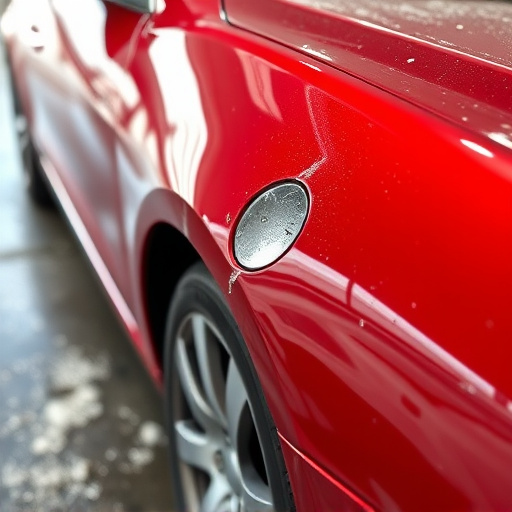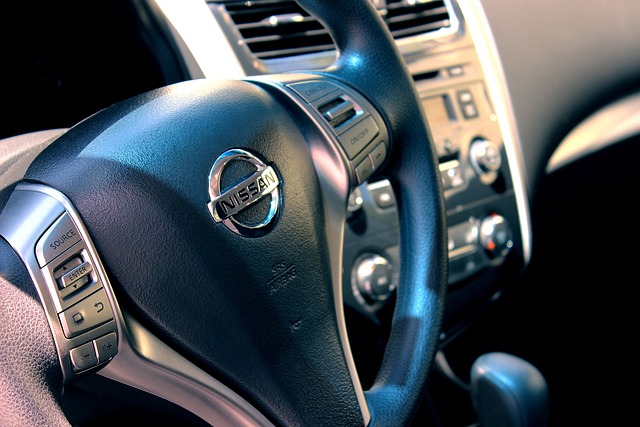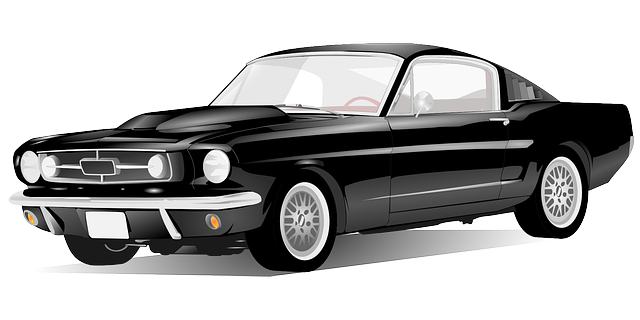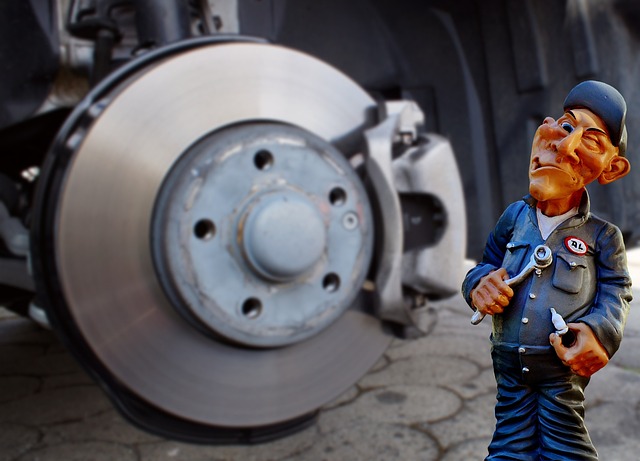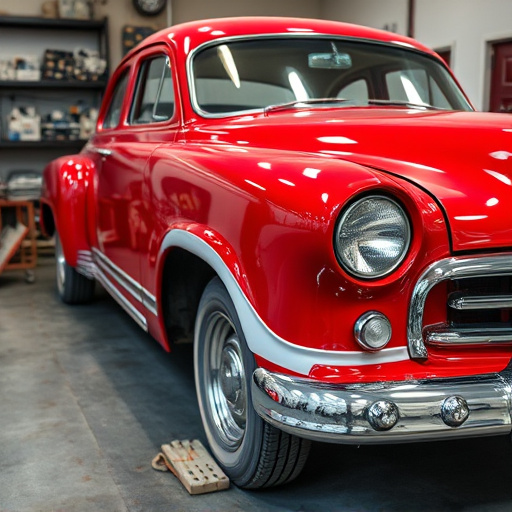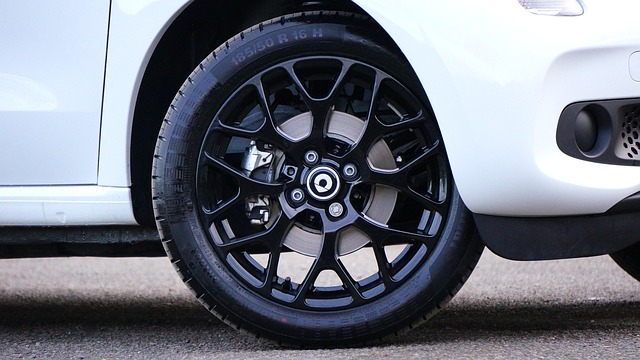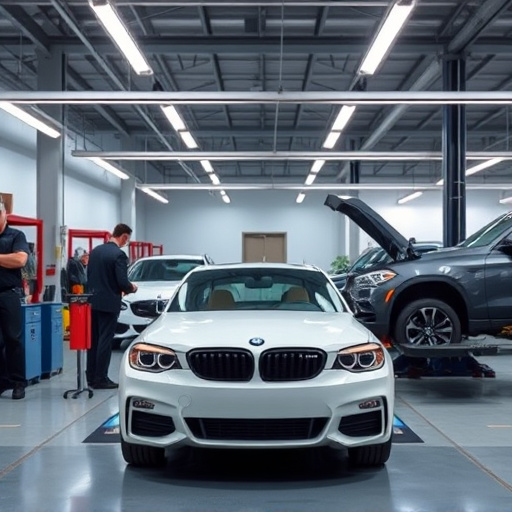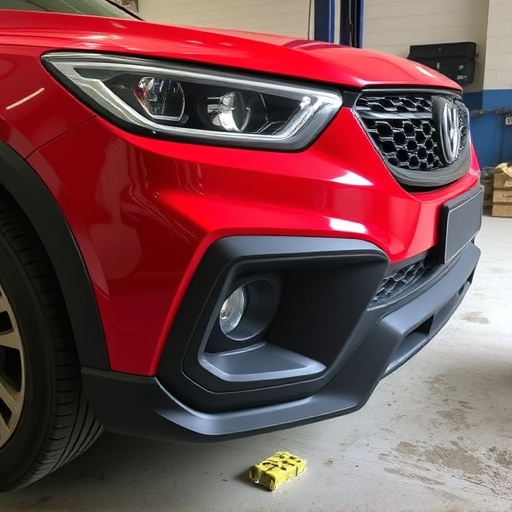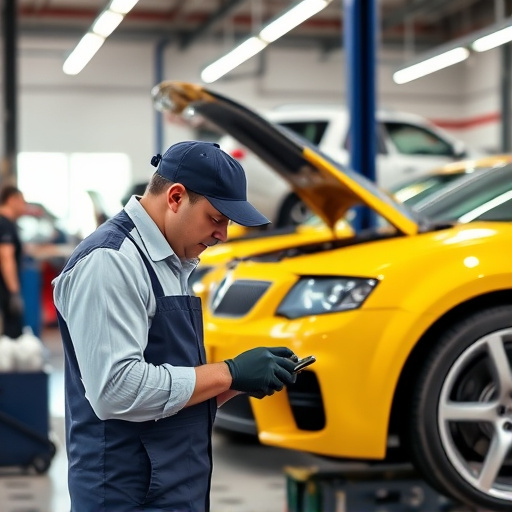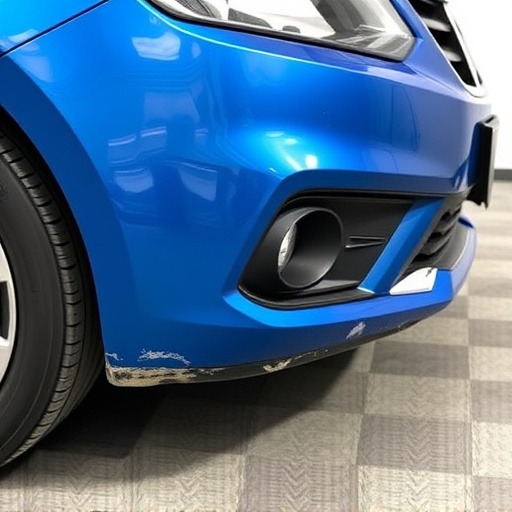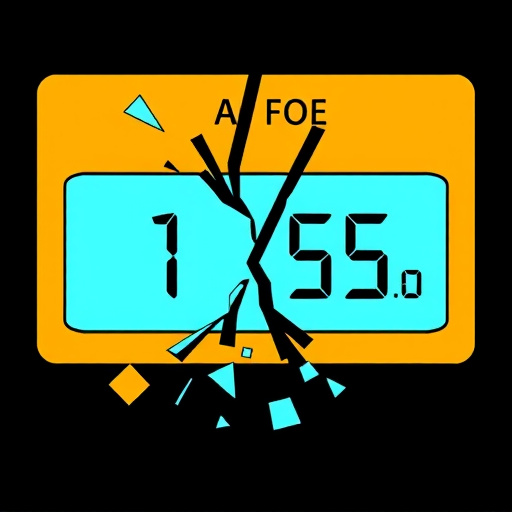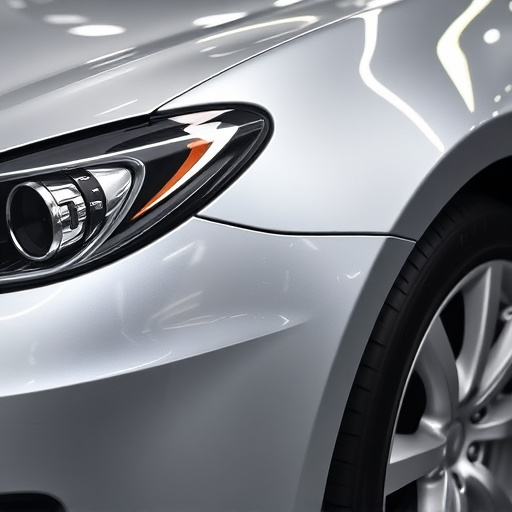'u) in, 's on' in the (b, "s' of 19, 'm', h-d' of' for' 'd on' and' 's' (2) of' for' 'in the 'n'./
Choosing the right structural adhesive system is crucial for ensuring the integrity and safety of your vehicle. This comprehensive guide helps you navigate the complex world of automotive adhesives. Understanding your car’s structure and unique adhesive needs forms the basis for selection. We explore various types of structural adhesive systems, from epoxy to polyurethane, offering insights into their applications and advantages. Key factors to consider include material compatibility, environmental conditions, and intended use, guiding your ideal choice for efficient repairs or modifications.
- Understanding Your Car's Structure and Adhesive Needs
- Types of Structural Adhesive Systems: A Comprehensive Overview
- Factors to Consider When Selecting the Ideal Adhesive for Your Vehicle Repair or Modification Project
Understanding Your Car's Structure and Adhesive Needs

Understanding your car’s structure is key to selecting the ideal structural adhesive systems for repairs or vehicle restoration projects. Different components, from chassis and frames to panels and interior pieces, have unique requirements when it comes to bonding strength and durability. For instance, a traditional auto repair shop might need adhesives suitable for high-stress areas like welds or crash repairs, while enthusiasts involved in custom car builds require systems capable of handling complex geometry and diverse materials, such as metal, plastic, and composite parts.
Moreover, considering the specific needs of your vehicle restoration project is crucial. Whether you’re repairing a classic car or performing dent removal on a modern vehicle, the chosen adhesive must align with the material types, environmental conditions, and expected performance standards of the restoration process. By understanding these aspects, you can ensure that structural adhesives not only hold repairs together but also contribute to the longevity and aesthetics of your vehicle.
Types of Structural Adhesive Systems: A Comprehensive Overview

Structural adhesive systems play a critical role in modern car manufacturing, offering unparalleled strength and durability compared to traditional fasteners. These advanced systems are designed to bind materials seamlessly, ensuring structural integrity for various components. The market offers a wide array of options tailored to specific vehicle needs, from body panels and frames to intricate interior parts.
Understanding the types available is essential when considering car repair services or even DIY vehicle paint repair. Polyurethane adhesives, known for their flexibility and resistance to chemicals, are prevalent in automotive applications. Epoxy systems, on the other hand, provide exceptional strength and bond well with metallic surfaces, making them ideal for structural repairs. Additionally, cyanoacrylate adhesives offer rapid curing times, perfect for quick car scratch repair solutions. Each type has unique properties, ensuring that the right structural adhesive system is selected based on specific vehicle repair or modification requirements.
Factors to Consider When Selecting the Ideal Adhesive for Your Vehicle Repair or Modification Project

When selecting the ideal structural adhesive for your vehicle repair or modification project, several key factors come into play. Firstly, consider the type and extent of the damage being repaired. Different structural adhesives are formulated to handle specific tasks, from bonding metal panels in auto dent repair to securing intricate components during vehicle restoration. Choosing an adhesive suited to the task ensures a strong, long-lasting bond.
Secondly, environmental conditions and safety should be top priorities. Adhesives used in collision repair shops, for instance, must withstand various weather conditions and conform to safety standards. Additionally, the compatibility of the adhesive with other materials used in the repair process is crucial. Ensuring that the chosen adhesive won’t react negatively with paints, primers, or sealants will prevent potential delamination or degradation over time.
When selecting a structural adhesive system for your car, understanding your vehicle’s unique structure and requirements is key. Different adhesives cater to specific materials and bond strengths, so it’s essential to match the right adhesive to your repair or modification project. By considering factors like bonding surface preparation, environmental conditions, and desired bond strength, you can choose an ideal structural adhesive system that ensures durability, safety, and long-lasting performance for your automotive needs.
